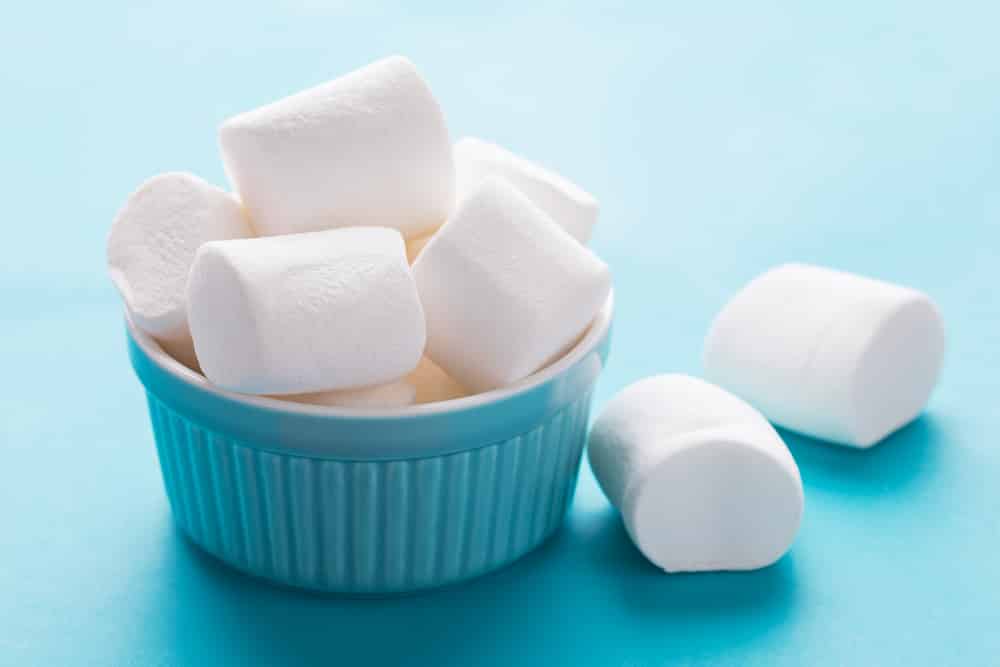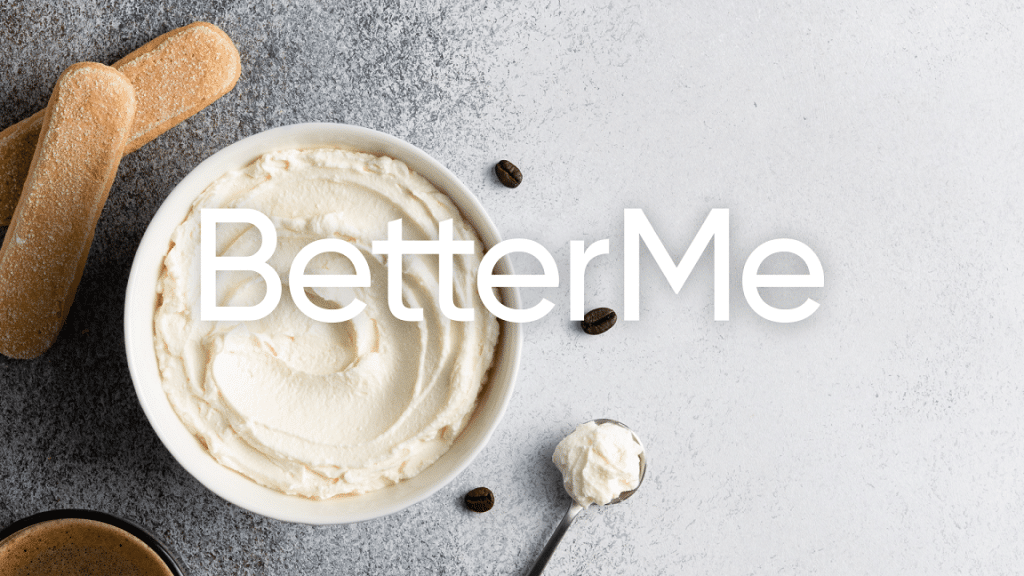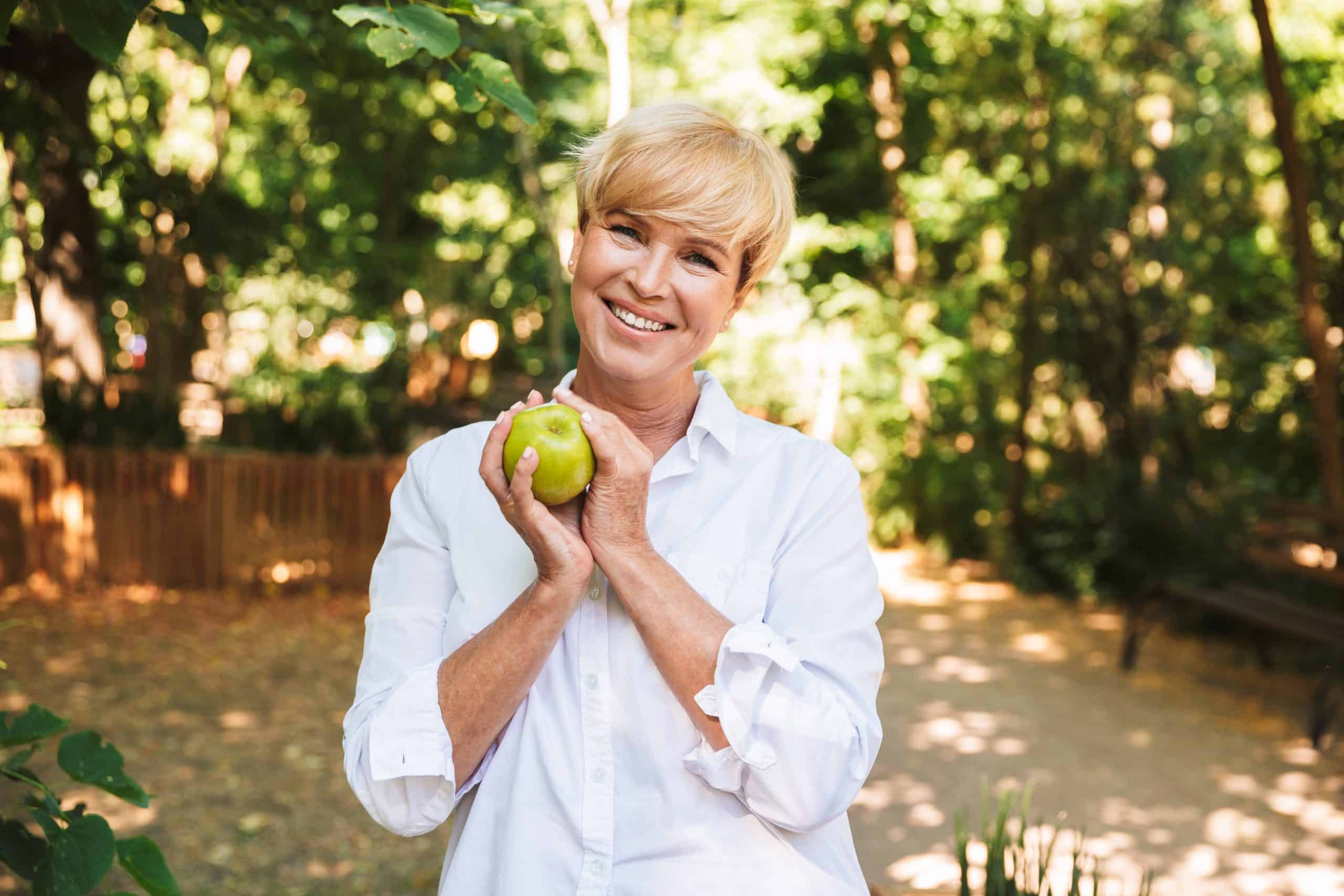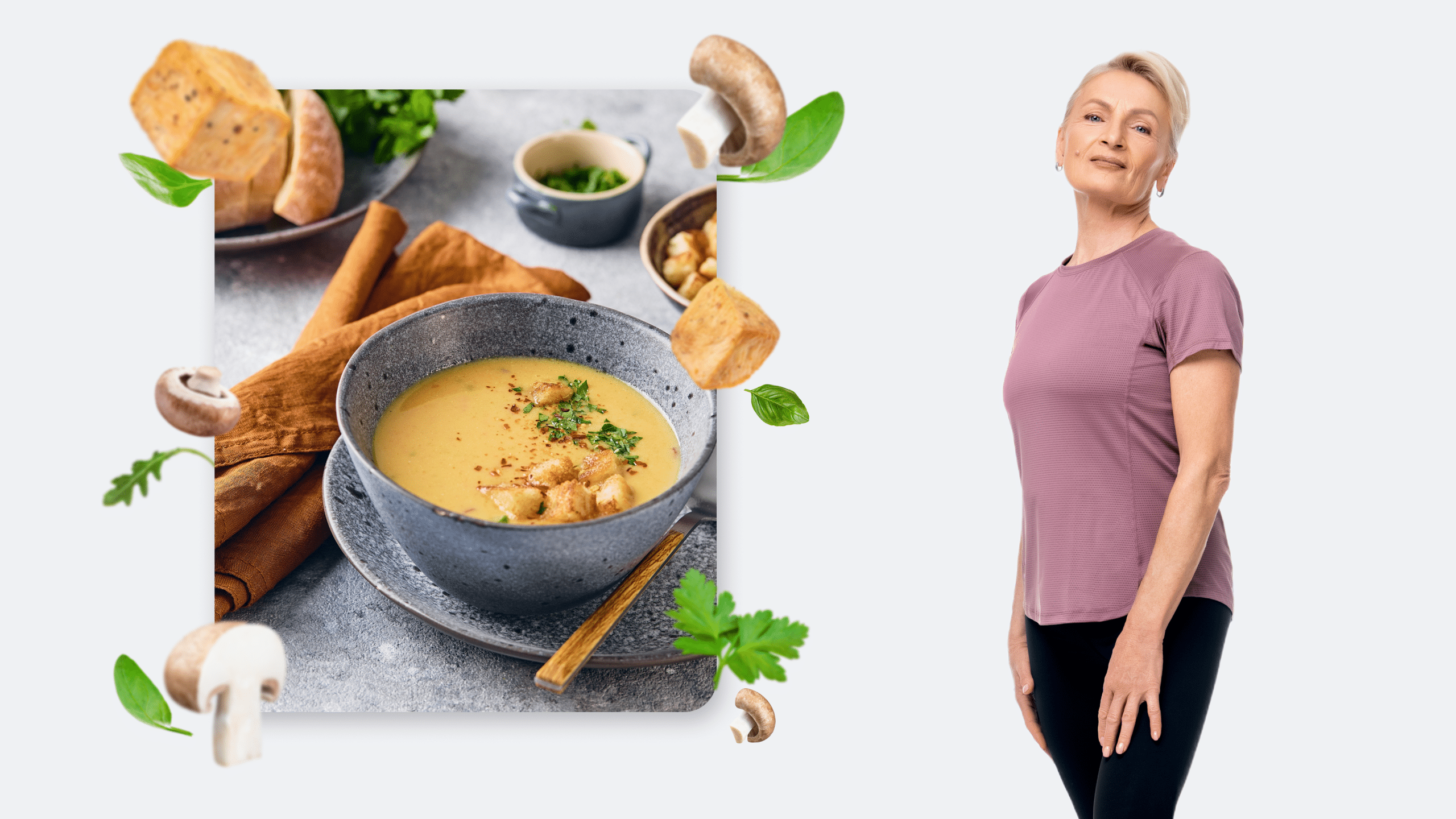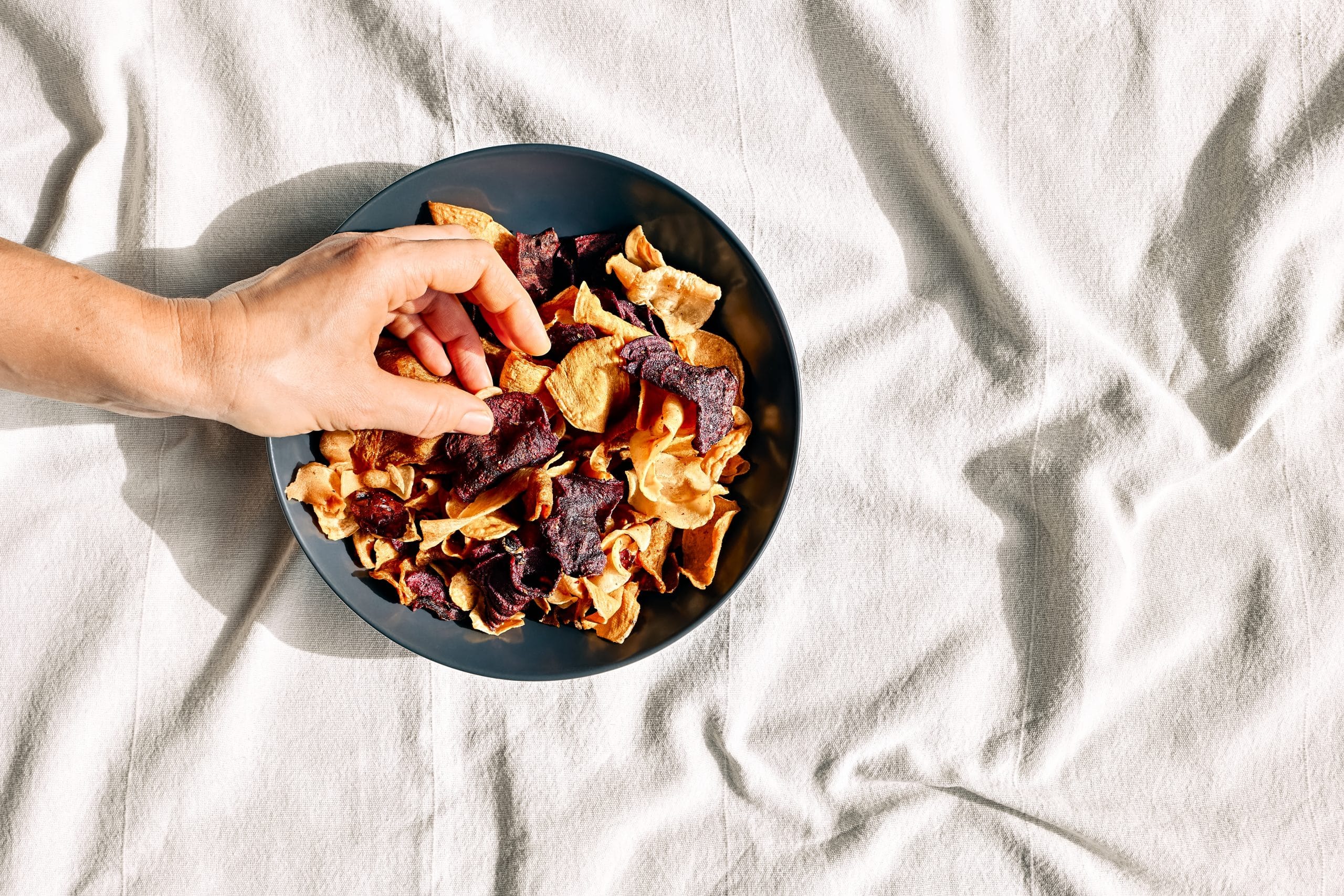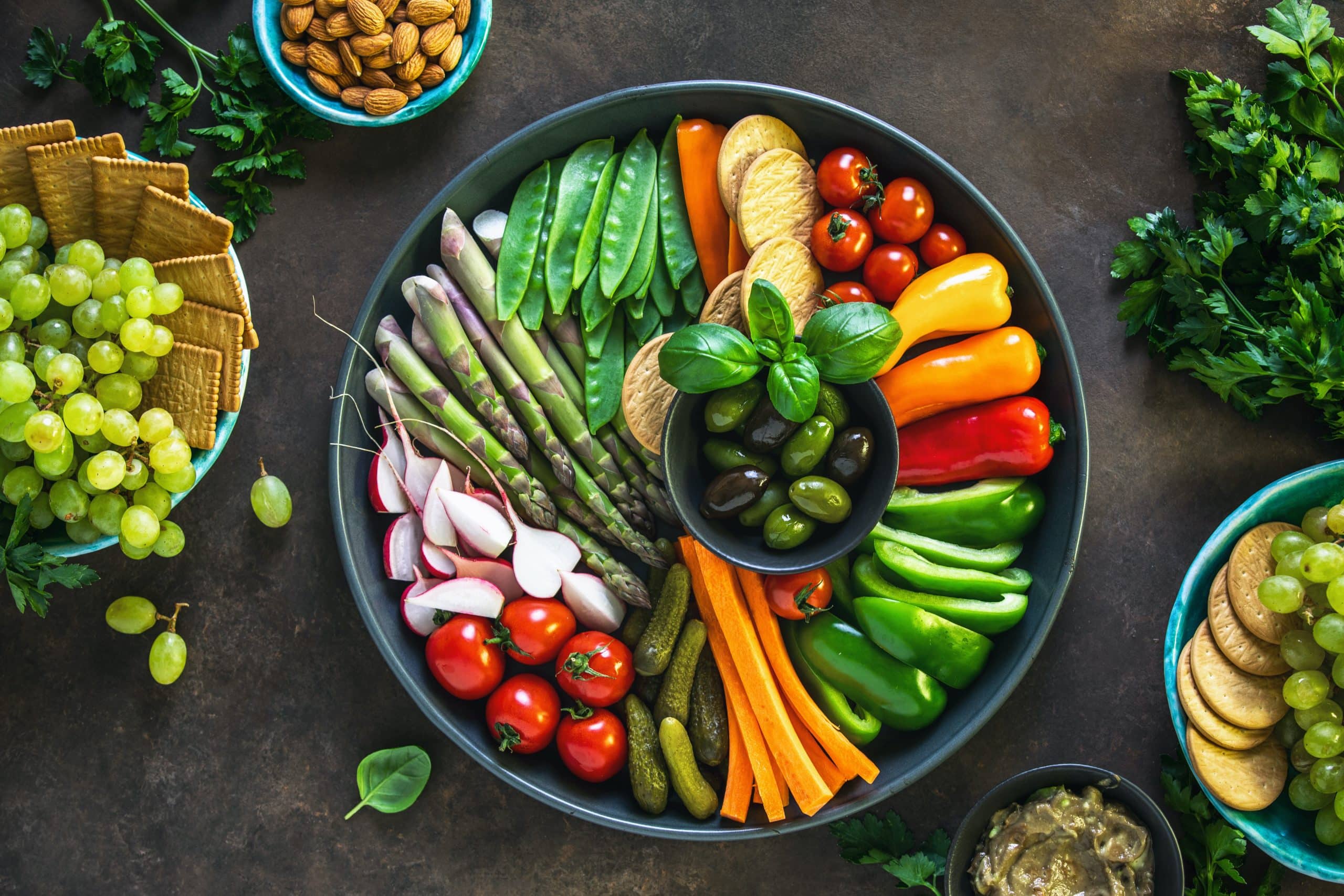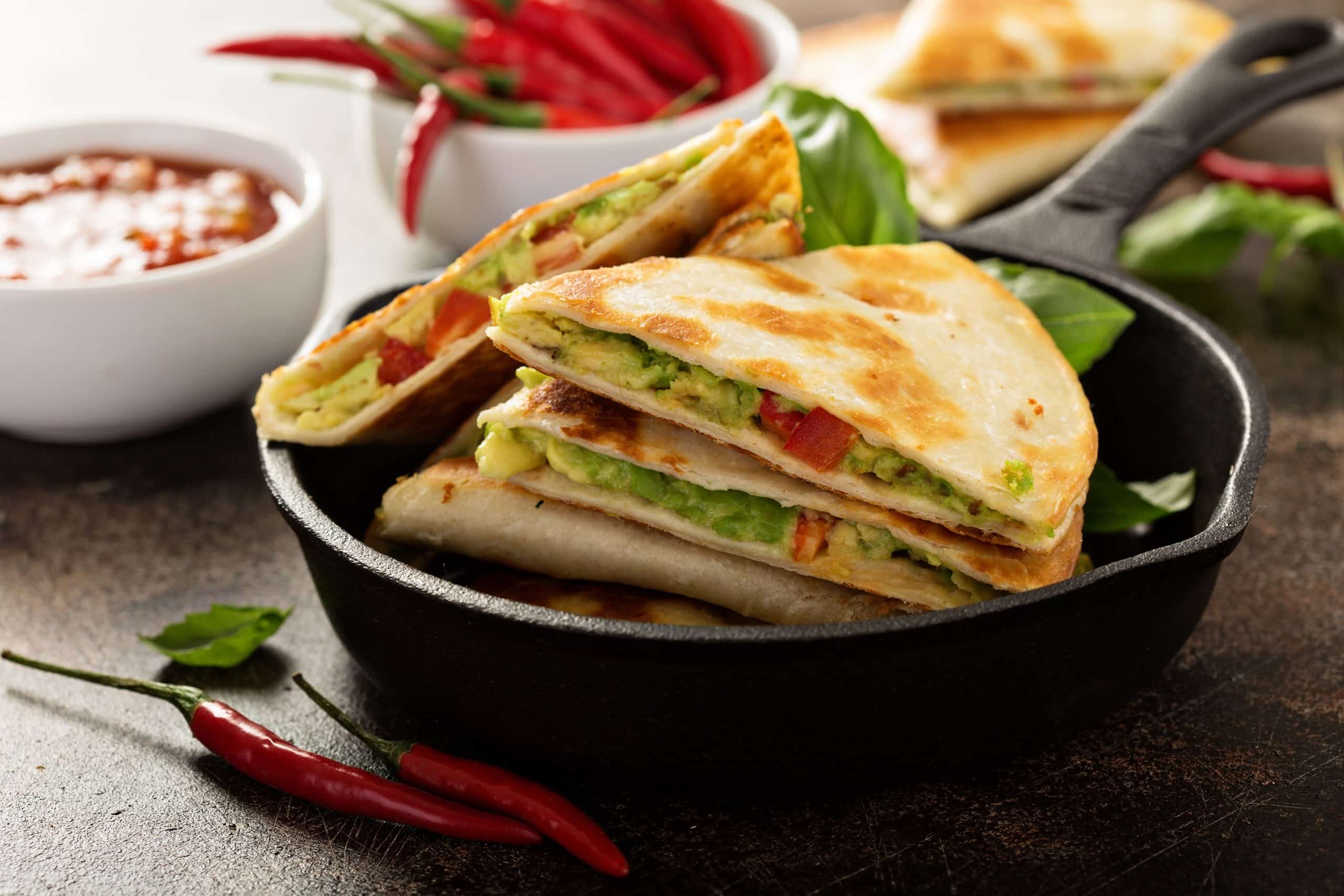Are Marshmallows Vegan
Ah, marshmallows, those squishy sweet cubes you’ve fried on a stick by the campfire. Everyone loves them. But sometimes lovely traditions start contradicting certain diets people are following. If you consider yourself to be vegan, the question «Are marshmallows vegan-friendly?» has definitely popped into your mind. So are they? Read this article to sort it all out.
What Is The Vegan Diet?
Vegans are people who follow the main principle of reducing the harm to any living creature as much as possible. That is why vegans, unlike vegetarians, avoid consuming not only meat and fish, but also all animal-based products including dairy. According to vegans, any animal component in your diet supports exploitation of animals. This exploitation is inherently inhumane and ethically unacceptable for vegans.
The Vegan diet places significant restrictions on your daily menu, yet you can effectively create a balanced dietary plan (1, 2, 6).
Foods To Eat
- all kinds of fruits and vegetables;
- certain nuts and seeds (walnuts, cedar, chestnut, cashew, almonds, hazelnuts, Brazil nuts, macadamias, pistachios and, of course, coconut);
- cereals and grains;
- legumes (peas, beans, beans, lentils of almost 10 varieties and colors: red, yellow, green, chickpeas, mung bean, soy).
The Vegan diet, if correctly followed, has a whole bunch of health benefits.
The Vegan Diet Health Benefits
- Plant foods are often lower in calories and a lesser calorie intake is your ticket to weight loss(3).
- Plant foods contain many dietary fibers that contribute to a feeling of satiety (5).
- Fiber also improves digestion and helps promote a healthy gut microbiome.
- Plant-based foods are helpful if you’re struggling with hypertension, i.e. high blood pressure, and water-soluble dietary fiber helps lower blood cholesterol.
- Water-soluble dietary fiber improves glucose tolerance, which means: plant-based foods that are high in fiber do not increase blood glucose too much. Therefore, plant food is good for diabetes, especially type II.
Read More: Vegan vs. Keto: Which Bandwagon Should You Jump On To Reach Your Goals?
Are Marshmallows Vegan?
Before we talk about whether or not marshmallows are vegan, let’s clarify what marshmallows actually are.
The name, marshmallow, comes from the traditional use of the mallow plant to create this delicious treat. The first recorded consumption of marshmallow was around 2000 BC by the Ancient Egyptians. Scientists don’t really know what this product looked or tasted like – they only know that people used the root of the mallow plant in the making of this treat. Later people mixed it with fruit or nuts.
Gelatin And Other Non-Vegan Ingredients
The marshmallow first came into being in the 1800s, when French confection makers began whipping the sap of the mallow plant with egg whites and sugar and then pouring this concoction into molds. Eventually, to help the sugary mixture keep its shape, they replaced traditional mallow sap with gelatin. This is the problem vegans bump into. This tricky ingredient is used in a variety of products, including marshmallows. What actually is gelatin? It’s a protein that you get when you boil up animal skin, ligaments, tendons, or bones. That is what makes most marshmallows a no-go for vegans.
It doesn’t end there. There’s another pesky non-vegan ingredient that you should be on the lookout for. Albumen (egg whites) is also a commonly occurring product here. So you should carefully read the ingredient list on the label of the packaging if you want to avoid gelatin or other non-vegan ingredients that may be present.
In general, most marshmallows are made with some combination of corn starch, corn syrup, sugar, water, and gelatin, and made through a process called extrusion. While being extruded, the marshmallow mixture is pushed through long cylindrical tubes, which gives them shape and pushes air into them giving a light fluffy texture. The marshmallow cylinders are then cut to create the pillowy little snacks we are all familiar with.
So, most marshmallows are not vegan. Does it mean you should forget about this fluffy sweet treat forever? Not at all.
BetterMe app is a foolproof way to go from zero to a weight loss hero in a safe and sustainable way! What are you waiting for? Start transforming your body now!
Vegan Marshmallows
First of all, there are vegan marshmallows on the market. Thanks to the recent rise in both veganism and vegetarianism, many leading manufacturers offer marshmallows that are entirely free from gelatin or egg whites.
Vegans usually make marshmallows of some form of sugar plus a non-gelatin gelling agent. Popular options for this are agar agar or carrageenan, both derived from seaweed.
For example, a list of ingredients of a typical vegan marshmallow would look like this:
- Tapioca Syrup
- Cane Sugar
- Filtered Water
- Tapioca Starch
- Carrageenan
- Soy Protein
- Natural Vanilla Flavor
So, vegan marshmallows are great for you. There is an even better option, though it requires more time – you can make vegan marshmallows all by yourself!
Read More: Vegan Smoothies For Weight Loss: That’ll Kick Your Metabolism Into Turbo Mode
Vegan Marshmallows Recipe
Ingredients:
- vegetable shortening, to grease pan
- 1 1/2 cup powdered sugar
- 1/2 cup cornstarch
- 3/4 cup cold water
- 1 1/2 cup granulated sugar
- 1 1/2 cup corn syrup
- 3 Tablespoons agar agar
- a pinch of salt
Agar agar is a plant substitute for gelatin which is derived from seaweed. It might be a bit difficult to find, but you can order it online or search through your local Asian market.
Directions:
- Grease bottom and sides of an 8×8 pan. In a small bowl, mix powdered sugar and cornstarch. Use a few spoonfuls of the mixture to coat the pan on all sides and corners. Set the pan aside and save the remainder of the mixture until your marshmallows are completely set and ready to cut.
- In a 4 quart heavy-bottomed saucepan, pour in 3/4 cup water. On top of the water, pour the granulated sugar, corn syrup, agar powder and a pinch of salt. Give 1-2 very quick stirs. You don’t need to completely combine it with stirring.
- Bring to a rapid boil until the mixture has reached a temperature of 214-220 degrees F. This takes at least 15 minutes, but keep a watchful eye. Once the sugar mixture has come to temperature, remove the saucepan from heat.
Directions (part 2):
- Turn your stand mixer, fitted with the whisk attachment, on to low and cover with a towel to prevent any of the boiling hot sugar to splatter on you, as it can cause burns. Carefully and slowly pour hot syrup down the side of the bowl while the mixer is on low. Now, gradually increase the speed until you’re finally comfortable with it on high, as soon as possible. Just keep it covered with the towel to prevent splattering.
- Whip the mixture for 10 minutes until thick, almost like a shiny soft-serve ice cream consistency, creating ribbons as you pull the whisk up.
- Immediately transfer the whipped mixture to the prepared 8×8 pan and set out for 12-18 hours, uncovered. You need the tops to be completely dried out and not gooey at all. Once they are dried and feeling solid, you can cut them into desired shapes.
- Once you have cut a marshmallow, toss it in the powdered sugar-cornstarch mixture so it’s coated in all sides. This will prevent it from becoming a sticky mess.
- At this point, you can roast it, or drop it in your hot cocoa. Enjoy!
Keep in an airtight container for up to a week. If you must stack them, be sure they’re coated with powdered sugar mixture and separate layers with parchment paper.
Conclusion
To sum it up, most marshmallows are not vegan. Still, there are vegan options on the market that steer clear of gelatin and eggs. You can also try cooking this delicious snack at home. Remember that even vegan marshmallows are not the healthiest and most nutritious product out there, as they contain lots of sugar, so consume it in moderation. Also, it is vital to keep your healthy protein intake high (4), and drink enough water, especially at times of intense physical activity.
Get your personalized
meal plan!
DISCLAIMER:
This article is intended for general informational purposes only and does not address individual circumstances. It is not a substitute for professional advice or help and should not be relied on to make decisions of any kind. Any action you take upon the information presented in this article is strictly at your own risk and responsibility!
SOURCES:
- A Low-Fat Vegan Diet Improves Glycemic Control and Cardiovascular Risk Factors in a Randomized Clinical Trial in Individuals With Type 2 Diabetes (2006, ncbi.nlm.nih.gov)
- A Multicenter Randomized Controlled Trial of a Plant-Based Nutrition Program to Reduce Body Weight and Cardiovascular Risk in the Corporate Setting: The GEICO Study (2013, ncbi.nlm.nih.gov)
- A Two-Year Randomized Weight Loss Trial Comparing a Vegan Diet to a More Moderate Low-Fat Diet (2007, ncbi.nlm.nih.gov)
- Optimizing Protein Intake in Adults: Interpretation and Application of the Recommended Dietary Allowance Compared with the Acceptable Macronutrient Distribution Range (2017, ncbi.nlm.nih.gov)
- The impact of soluble dietary fibre on gastric emptying, postprandial blood glucose and insulin in patients with type 2 diabetes. (2014, ncbi.nlm.nih.gov)
- Vegetarian, Vegan Diets and Multiple Health Outcomes: A Systematic Review With Meta-Analysis of Observational Studies (2017, ncbi.nlm.nih.gov)
